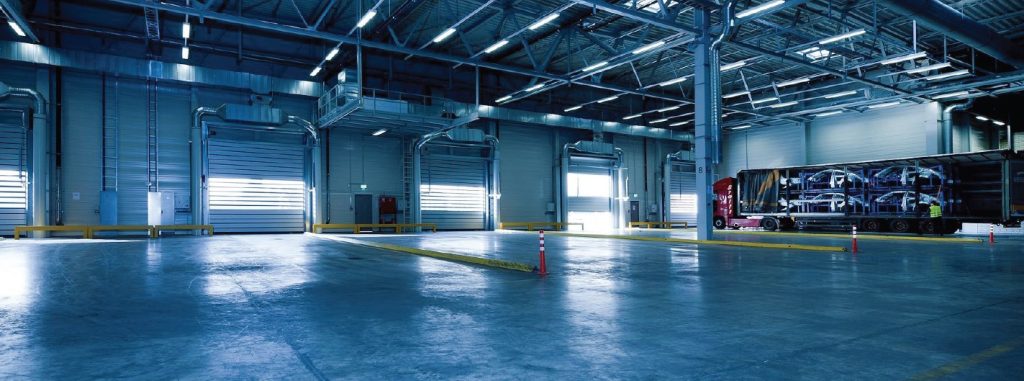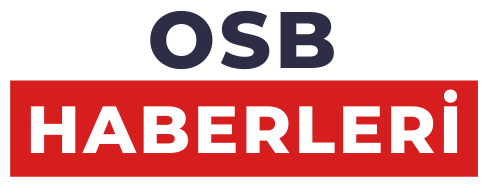Epoxy coatings are hard-wearing coatings that can be used for a variety of purposes, from durable paint and coatings for floors to strong adhesives. The resin and polyamine hardener engage in a chemical reaction when mixed, which creates cross-linking of the elements as it cures.
When the epoxy coating is completely cured, it results in a durable rigid coating with numerous desirable mechanical properties. Curing process can take from several
minutes to several hours and converts the liquid epoxy coating into an extremely robust and durable solid.
Most epoxies become suitably hard within a day, however, it may require more time to harden before the coating can be sanded. In theory, the pot life and cure time of an
epoxy coating are doubled or cut in half with a temperature shift of 10-15 degrees Fahrenheit. Higher temperatures lower the viscosity of the epoxy, but also reduce the time span in which a person applies the epoxy.
Epoxy coating compounds can be used in a range of industries due to their capacity to provide a robust, longlasting, and chemically resistant substance. Even though epoxy coatings are mostly utilized in flooring applications, they are also used in composite materials such as carbon fiber and fiberglass, and in various electrical, automotive,
and marine applications.

Epoxy materials and epoxy coating compounds can also be utilized as durable adhesives in a variety of applications. Epoxy coatings are popular because they provide a quick drying, tough, and protective coating for metals and other materials. Unlike conventional heat-cured powder coatings, epoxy coatings can be applied in a fast and easy manner, rendering
them ideal for various applications.
Some of the principal epoxy coating applications are as follows: Marine and Automotive Applications: An epoxy coating functions as a primer to prevent corrosion and guarantee
a strong adhesion of paints on automobiles and boats. Since they are resistant to attack from chemicals, such as those found in oils and cleaners, epoxy coatings have recently become a popular protective medium in the automotive industry.
Corrosion-resistant Coatings: These types of epoxy coatings are used for corrosion protection in steel pipes and fittings used in the oil and gas industry and water
transmission pipelines.
White Goods Coating Applications: Owing to its durable and easily applicable features, an epoxy coating is often used as the powder coating on washers, driers, and other white goods.
Metal Can and Container Coatings: Metal cans and containers are frequently coated with an epoxy to prevent rusting, particularly when used to package acidic foods.
Flooring Applications: Epoxy coatings can be used as epoxy floor paint in many industrial or commercial applications, such as industrial plants, healthcare facilities, manufacturing plants, schools, food and agricultural facilities. Different types of epoxy floor coatings are explained in more detail below.
Types of Epoxy Floor Coatings
Self-leveling Epoxy Coatings: In addition to creating a smooth surface that hides cracks or imperfections, selfleveling epoxy coatings offer a robust and aesthetically appealing floor. Since they level easily creating a seamless and smooth surface, this type of epoxy coatings are easy to install over new and old concrete floors.
Selfleveling epoxy floors are frequently found in office buildings, warehouses, and manufacturing plants.
Epoxy Antistatic Floor Coatings: This type of epoxy coating is designed for use where static-sensitive electronic components are in permanent use. It hinders harmful electric charge build-up from destroying sensitive components by dissipating the charge safely to
the ground.
As people move around the building, they accumulate an electrical charge which is held within their bodies. This, can discharge afterwards, when they touch something conductive, such as metal. As long as that happens with a metal doorknob, it is fine, however, should that spark hit a sensitive electronic component, or a flammable object, the consequences could be disastrous.
Anti-static flooring, also known as static dissipative flooring, protects both sensitive electronic equipment and personnel from an electrostatic discharge. Antistatic resin flooring typically contains a conductive material that accumulates static electricity to dissipate any potential static discharge and needs to be grounded or earthed.
These type of floor coatings are also useful in preventing explosions and fires when working with flammable gases and liquid materials, reducing the risk of injury to personnel and damage to equipment.
Mortar Epoxy Coatings: Being one of the most durable types of all epoxy floors, mortar epoxy coatings are commonly used in heavy industry. It comprises solid epoxies and graded or quartz sand.
For areas that need a floor that can withstand a lot of impact and is highly chemical-resistant, mortar systems are ideal. This epoxy floor can be used to repair cracks before applying another type of epoxy floor.
Self-dispersing Epoxy Coatings: Since it has a very good mechanical strength, self-dispersing epoxy coatings are commonly used in areas that receive frequent forklift or heavy truck traffic. It can be mixed with quartz sand to provide added durability.
Thanks to its effective anti-slip characteristics, this type of epoxy coating is commonly used in food processing industries or other locations where liquids are present.
Graveled Epoxy Coatings: Graveled epoxy floors offer colorful flakes that give the appearance of gravel, therefore they are ideal for decorative and appealing options. They are frequently used for adding logotypes, brand marks, and decorative details to floors.
Epoxy Terrazzo Floor Coatings: After adding aggregates into the resin and hardener, the coating is poured and then spread evenly, usually using a hand trowel. Once the curing of epoxy terrazzo is finished, the process of grinding the floor begins.
Epoxy terrazzo floor coatings can be used both indoors and outdoors. These are generally used in large areas such as entrances and hallways in schools and office buildings.
Epoxy Flake Floor Coatings: They are formed by adding colorful flakes to the resin, which creates an aesthetically appealing effect. Epoxy flake floor coatings can be found
in many industries, including medical facilities, and commercial kitchens.
This type of flooring adds multicolored chips or flakes into the coating while it is wet to give it a decorative look.
Vapor Barrier Epoxy Floor Coatings: Applied on top of concrete floors to provide it with an impenetrable surface that reduces vapor transmission to virtually zero. This coating is often added before the final flooring surface is added such as hardwood floors, carpet and tile.
Especially when moisture management or zero vapor transmission is needed, a vapor barrier epoxy coating can be the solution.
Quartz-Filled Epoxy Floor Coatings: This type of epoxy flooring is a combination of a high-performance epoxy polymer resin and stained quartz grains. It can be used as a bonding agent, a decorative addition or to create an anti-slip surface.
Quartz-filled epoxy floor coatings are often found in restrooms, schools, cafeterias, lobbies and offices.
References:
https://www.corrosionpedia.com/definition/463/epoxy-coating
https://constrofacilitator.com/epoxy-floor-coating-advantages-types-and-application-method/
https://www.epoxyflooringandconcretestain.com/epoxy-coating-uses.html
https://www.vanguardconcretecoating.com/epoxy-characteristics.htm
Compilation and Translation by: Murat Soygür
ALINTI KAYNAK: https://www.turkchem.net/epoxy-coatings.html



